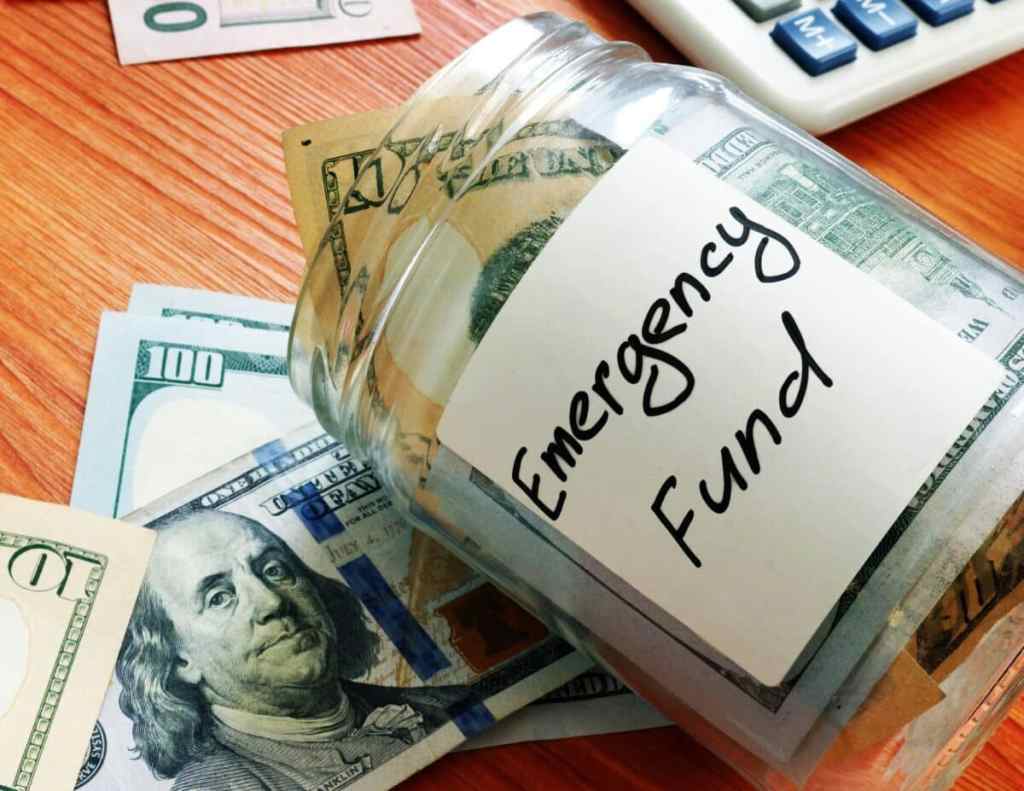
An emergency fund is money you have on hand to cover emergencies and unplanned expenses, having money in an emergency fund ensures that you will be prepared for a sudden expense, and you can handle those expenses more easily. Unemployment, illness, family emergencies and home and auto problems can happen without warning.
How Much Should You Save
Most financial experts recommend having enough money in an emergency account to cover 3-6 months of expenses. If you lose your job, you should have enough money in your emergency fund to cover your monthly bills. Having this money allows you to pay your bills while you are out of work without going into debt. Add up your monthly expenses and multiply that number by the number of months 3-6 you want to save for. That number is the amount of money you want in your account.
The size of your emergency fund will depend on your lifestyle, monthly bills, income, and number of dependents. Saving for an emergency fund doesn’t need to be painful. Review your current income and payments and decide how much you can contribute regularly. While reviewing your budget you may find that there are other things you can cut back on or eliminate, even if it is just a few dollars it will help to fund the account.
What Expenses Should Your Emergency Fund Cover
If you are suddenly out of work the emergency fund should cover expenses like, food, housing, utility bills, medical expenses, gas, insurance, loan payments and childcare. It should also cover unexpected emergencies and unplanned expenses.
Where Should You Put the Money
The money should be put in an interest-bearing FDIC-insured checking or savings account where it can be easily accessed.
How Do You Fund the Account
Setup an automatic transfer from your checking account to your emergency fund account. The less effort it takes to fund the account means you are more likely to contribute regularly. Consider depositing any extra money you receive like tax refunds or pay raises into the account.
When Should You Use It
You should use the money for emergency and unexpected expenses. Don’t use the money for everyday or frivolous purchases, a new pair of shoes or expensive dinner out is not an emergency, don’t get in the habit of withdrawing money from the account for anything else.
Rebuilding After Use
If you withdraw money from the account, start rebuilding right away. The goal is to keep the account fully funded.
When Your Emergency Fund Goal Has Been Reached
Once you hit your emergency savings goal, you can stop funding the account and put the money toward investments, other savings and paying off debt.